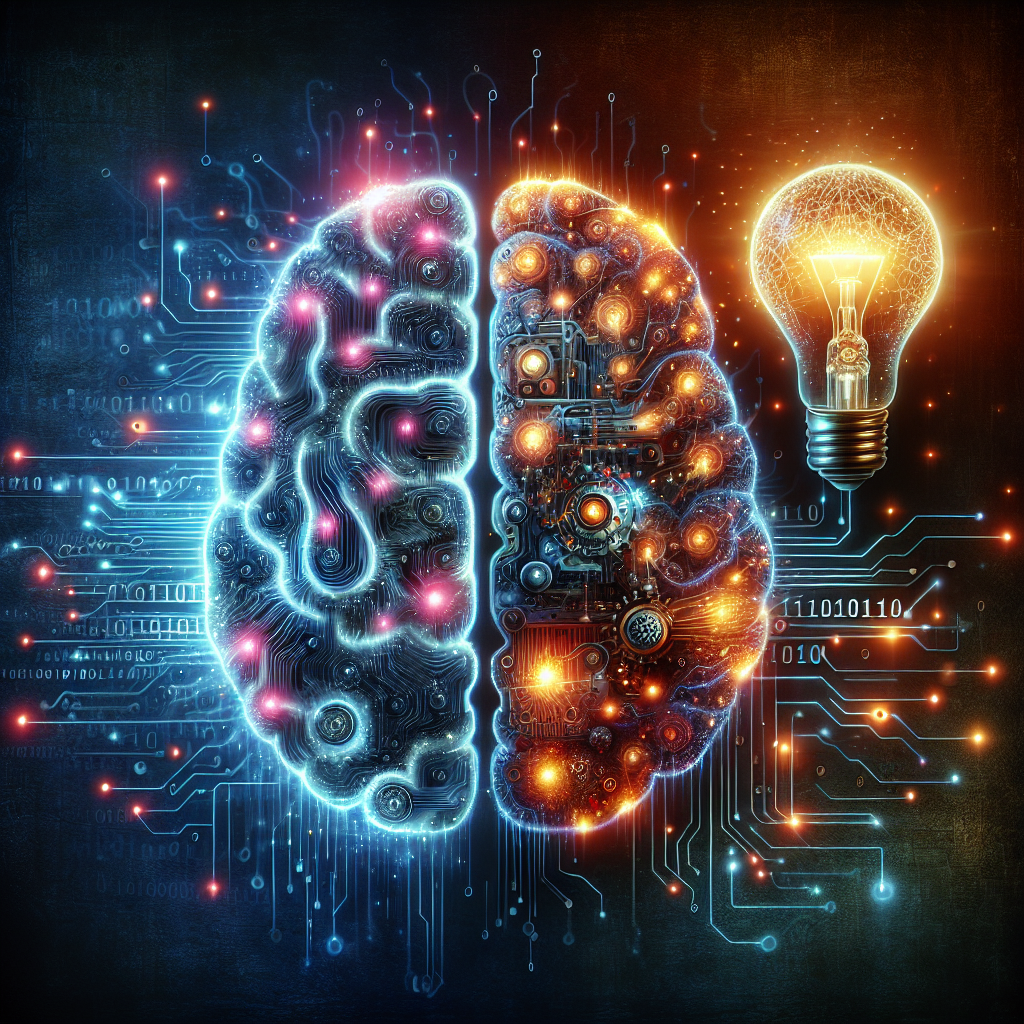IAEA Launches Global Project to Boost AI Cybersecurity in Nuclear Sector
The initiative underscores the IAEA’s commitment to ensuring that as AI technologies are increasingly integrated into nuclear operations, they remain secure, resilient, and trustworthy.

The International Atomic Energy Agency (IAEA) has launched a major new Coordinated Research Project (CRP) aimed at strengthening computer security for artificial intelligence (AI) and machine learning (ML) systems used in the nuclear sector. The initiative underscores the IAEA's commitment to ensuring that as AI technologies are increasingly integrated into nuclear operations, they remain secure, resilient, and trustworthy.
With AI and ML rapidly transforming the nuclear industry, these technologies are being deployed in applications ranging from small modular reactors (SMRs) and nuclear materials monitoring to predictive maintenance, reactor performance optimization, and security threat detection. While these innovations promise greater efficiency and safety, they also expose facilities to new categories of cyber risk.
Addressing Emerging Security Risks in AI-Driven Systems
AI's use in the nuclear field introduces unique challenges. Manipulation of the training data or inputs to AI models, exploitation of algorithmic vulnerabilities, or even the misuse of automated decision systems could potentially lead to incorrect or unsafe outcomes.
"As nuclear facilities integrate AI systems, emerging computer security vulnerabilities require vigilance," said Elena Buglova, Director of the IAEA's Division of Nuclear Security. "This coordinated research project will help develop capabilities to securely implement and operate AI systems in the nuclear industry, harnessing its benefits while minimizing risks."
According to the IAEA, the CRP seeks to create a global knowledge network among nuclear institutions, cybersecurity specialists, and AI researchers. Its goal is to promote scientific research, international cooperation, and technical exchange on safeguarding nuclear AI systems against cyber manipulation and malicious interference.
Key Objectives of the New Research Project
The CRP on "Enhancing Computer Security of Artificial Intelligence Applications for Nuclear Technologies" will serve as a platform for developing and sharing cutting-edge methodologies to protect AI systems used in nuclear facilities. The project focuses on:
-
Identifying AI-specific vulnerabilities – such as data poisoning, adversarial attacks, and model manipulation, which could compromise operational safety.
-
Designing protection mechanisms and security controls tailored to AI-driven applications in nuclear technologies.
-
Developing AI-enabled tools for computer security assessment to automate threat detection and improve incident response.
-
Building training frameworks and capacity-development programs to equip nuclear professionals with the skills to manage and secure AI systems effectively.
-
Promoting cross-disciplinary cooperation among nuclear engineers, data scientists, and cybersecurity experts to create holistic defense mechanisms.
These activities align with the IAEA's broader mission to help Member States strengthen nuclear safety and security frameworks, particularly as emerging technologies reshape the global energy landscape.
The Importance of Securing AI in Nuclear Operations
AI-driven systems in the nuclear industry are increasingly used for monitoring reactor performance, detecting anomalies in real time, and enhancing nuclear safeguards. For example, AI can help analyze large datasets from reactor sensors, predict maintenance needs, or even assist in radiation source tracking.
However, reliance on AI also increases the potential for cyber intrusion and systemic errors. A compromised AI system could alter readings, disable alarms, or misinform operators—posing both safety and security risks.
Experts warn that, without robust security frameworks, AI adoption in critical infrastructure like nuclear facilities could create new digital vulnerabilities. This is why the IAEA's initiative aims not only to strengthen security practices but also to build trust in AI applications among regulators and operators.
A Global Collaborative Framework
The new CRP is open to research organizations, universities, and national laboratories from all IAEA Member States. Participating institutions will collaborate on joint experiments, data analysis, and simulation exercises to test security strategies and share best practices.
The IAEA encourages broad participation, especially from developing countries, to ensure equitable access to knowledge and technical expertise. Proposals must be submitted via the IAEA's Research Contracts Administration Section by 30 November 2025, using the templates available on the Coordinated Research Activities (CRA) web portal.
Institutions are also encouraged to involve women and young researchers, promoting diversity and inclusion in the nuclear and cybersecurity sectors.
Advancing Nuclear Security in the Age of AI
As the global energy transition accelerates, nuclear power is expected to play a critical role in achieving carbon neutrality and supporting sustainable energy systems. The IAEA's initiative represents a forward-looking effort to ensure that technological innovation in nuclear energy is matched by equally advanced cybersecurity standards.
By addressing the intersection of AI, cybersecurity, and nuclear safety, the CRP will help Member States establish resilient digital infrastructures that can withstand emerging threats and maintain public confidence in nuclear technologies.
"Harnessing AI for nuclear applications offers immense benefits," Buglova concluded. "But these benefits must be matched by vigilance, preparedness, and international collaboration to ensure the highest levels of security and reliability."
ALSO READ
-
New Cybersecurity Focus for Jaipur Police Under Commissioner Sachin Mittal
-
IAEA, Russia Expand Nuclear Leadership Training to Empower Global Workforce
-
IAEA and Ontario Tech Expand Collaboration to Advance Nuclear and AI Security
-
TAC InfoSec's Meteoric Rise: A New Cybersecurity Titan
-
IAEA Team Praises Hungary’s Strong Commitment to Nuclear and Radiation Safety





